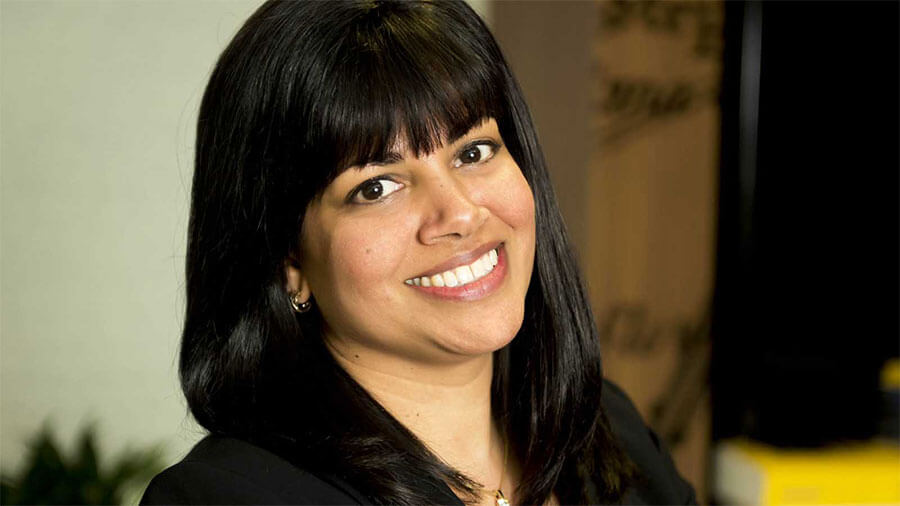Challenges to Wills are more common nowadays and likely to be increasingly so in the future. What, if anything, can be done to protect a Will from being challenged?
To avoid your loved ones facing a legal battle or making a claim themselves, follow our top tips to help protect your Will from being challenged.
Make sure your Will is valid – get the formalities right
Ensure you comply with the standard requirements for a Will to be valid. A valid Will must be
- in writing
- signed by the person making the Will, or by some other person in their presence and by their direction
- clear that it is intended to be a Will
- signed in the presence of two or more witnesses present at the same time
- signed by the witnesses in the presence of the person making the Will.
Request a medical practitioner to report on your mental capacity
The validity of a Will can be challenged on the basis that a person lacked the necessary mental capacity to make their Will, known as ‘testamentary capacity’.
It can be worthwhile asking your GP or another medical practitioner to provide a report confirming that you do have testamentary capacity. This is particularly relevant if you are taking medication or suffer from dementia, for example.
Your medical practitioner should be specific in their report on your capacity to make a Will and it should be provided close to the date you intend to make your Will. A good lawyer will be familiar with giving instructions on a client’s behalf to a medical practitioner for a capacity report.
Beware of the risk of undue influence claims against your Will
Undue influence or fraud invalidates a Will. To avoid this type of claim, the best step is to ensure that anyone who benefits under the Will is in no way involved in the Will making process.
If you are using a lawyer, arrange the appointment yourself, attend the appointment alone and be clear that the wishes are your own.
Avoid possible claims under the Inheritance Act
As a result of the Inheritance (Provision for Family and Dependants) Act 1975, the court has power to order a different distribution of your estate if it decides that your Will fails to make reasonable financial provision for
- spouse/civil partner or former spouse/civil partner
- cohabiting partner
- child or step-child (including adult children)
- anyone financially looked after by the deceased.
The court takes many factors into account, including a person’s financial resources and the size of the estate.
If you are considering excluding or limiting the provision for any one of the above you should provide detailed reasons why you are excluding that person or limiting what you are leaving to them.
Including a ‘no contest’ clause in a Will, also referred to as a ‘forfeiture’ clause, means the beneficiary will forfeit their inheritance if they make a challenge against the Will and can discourage a person bringing an inheritance claim
Keep your Will in a safe place and let your executors know where they can find it
If your Will is not located when the estate is administered, it may not be divided as you wish because either an earlier Will or intestacy rules (where there is no Will) would instead come into play.
Your lawyer can store your Will on your behalf and inform your executors where it is kept. This is particularly important if you have decided to reduce the inheritance, or not left any inheritance to a person who might be the first to find your Will if it is kept at home.
Keep detailed records of your wishes in your Will
If you are making major changes to your Will, discuss these with your lawyer. The likelihood of a successful claim against your Will is reduced if there are clear verifiable statements detailing the reasons behind your wishes, which your lawyer will record.
If you intend to leave unequal bequests to children or stepchildren or direct your estate elsewhere, consider informing them during your lifetime and not leaving that to your executors to deal with after you are gone. Explaining the reasoning behind your actions will mean they can plan ahead, knowing what they will expect to receive financially from your Will.
Instruct a professional to write your Will
You spent many years working to build up your assets. Cutting corners in the preparation of your Will can be a false economy compared to paying a relatively small cost for an experienced professional to give you peace of mind.
Whilst there are many professionals who prepare Wills, not all are regulated or have insurance should things go wrong.
If you use a DIY Will, or use a non regulated individual or company to prepare your Will, there is an increased risk that your Will may be challenged. A regulated professional, such as a lawyer, will explain your options and help you make decisions putting your best interests first.
Don’t forget about updating your Will
Many inheritance disputes arise in cases involving an out of date Will. Your circumstances often change and your Will should reflect this. Make sure you regularly check and updated your Will
- after marriage or divorce
- after the birth or marriage of children or grandchildren
- after moving house
- every few years.
The contents of this article are intended for general information purposes only and shall not be deemed to be, or constitute legal advice. We cannot accept responsibility for any loss as a result of acts or omissions taken in respect of this article.

